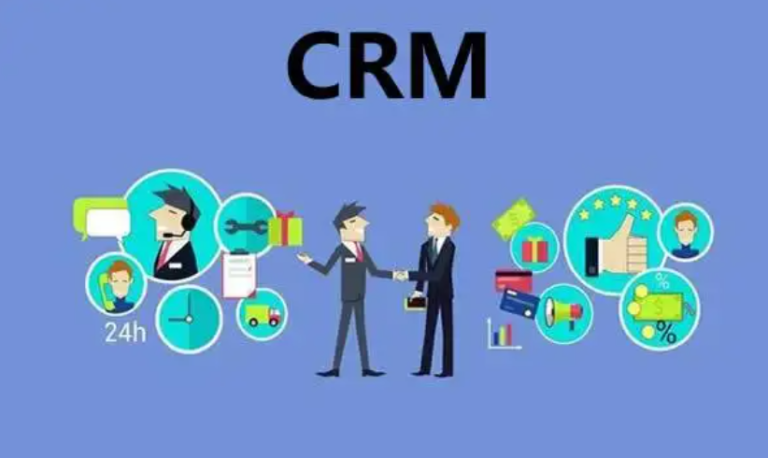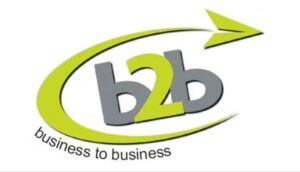Why do businesses need CRM?
- iclick
- 2023-05-15
CRM systems provide significant benefits to businesses. They help managers serve customers better, automate daily tasks, streamline sales workflows, enhance customer satisfaction, address business development issues, strengthen competitiveness, and achieve long-term growth. Now, a question arises: What kind of businesses need CRM systems?
1:Dispersed customer resources
If a business has multiple channels for customer development, and these customer resources are concentrated in the hands of salespeople, then the business needs to use a CRM system to centralize the management of customer resources.
A CRM system can centrally manage dispersed customer resources, analyze information about new and existing customers, conduct targeted marketing activities based on customer segmentation, and improve customer retention. At the same time, it reduces the occurrence of unclear customer information within the company.
2:Unclear work progress
When a business cannot grasp the work of the sales team or other employees, cannot provide guidance or suggestions based on their actual situations, and cannot hold them accountable for results.
A CRM system allows real-time tracking of project progress and customer follow-ups. It can also visualize data into charts and graphs for timely understanding of the company and employee situations, enabling a comprehensive view.
3:Lack of standardization in the sales team
Businesses need to understand the potential customers of their sales team. Sales processes should be visualized to understand the progress of salespeople’s work and to guide and manage their work.

CRM systems’ sales process management functionality can effectively standardize the sales process of a business, such as lead follow-up, contract signing, order management, and discount approval. Companies can track every stage of the sales process within the CRM and systematically execute tasks at each stage. They can build standardized sales processes based on the most effective sales strategies, enabling the sales team to work according to the correct sales process.
4:Need for mobile office capabilities
Salespeople often travel or work outside the office and rarely stay in one place. Most of the time, they communicate with customers through mobile phones, tablets, and other devices. Business opportunities can change rapidly, and failure to respond promptly can lead to customer loss.
Mobile CRM systems address this issue. Salespeople can manage leads, opportunities, and contacts through their mobile phones, perform work tasks, respond to unexpected events, and work efficiently. Companies can also manage and deploy their operations anytime, anywhere through smart devices.
5:Data statistics and analysis
Visibility of data is crucial for businesses. It provides timely reflection of key indicators, clarifies business status, and facilitates improvements and promotions by the sales team and other employees.
Through the data analysis functionality of CRM systems, sales data can be viewed by team or individual, ranging from leads, customers to sales revenue. Intuitive reports and charts present the business situation, identify problems, facilitate quick decision-making, and provide a clear and efficient overview.
The above are just some situations. After all, each business has its unique circumstances. However, CRM systems can indeed help businesses improve efficiency, optimize processes, and increase profits. Therefore, it is recommended that businesses choose to use CRM systems for management in order to achieve better development.



